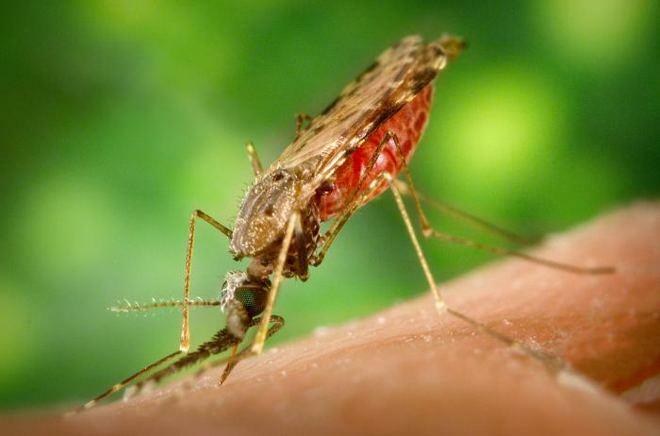
Having secured a £3.5 million collaborative award from Wellcome for 4 years, LSTM's Vector Biology Department will lead a trans-disciplinary collaboration between several institutions to study the origins, epidemiological importance and control of the invasive malaria mosquito Anopheles stephensi in the Horn of Africa.
The collaboration will be led by LSTM's Professor Martin Donnelly, Head of the Vector Biology Department, with LSTM lecturer Dr Anne Wilson as Deputy-Director.
Professor Donnelly explained: "Malaria in Africa is mainly a rural disease because the local malaria mosquito species are not well adapted to urban settings. Unfortunately, current efforts to control malaria are threatened by a new, invasive mosquito species called Anopheles stephensi, which has been identified in towns and cities in the Horn of Africa, and is associated with an increase in malaria in Djibouti. This research aims to control the spread of Anopheles stephensi in Sudan and Ethiopia."
Dr Anne Wilson added: "We developed this proposal after WHO called for urgent action to control the spread of the mosquito vector. It links biologists, epidemiologists, mathematical and geostatistical modellers and medical anthropologists with the central aim of understanding how we can best control and/or eliminate this public health menace."
The collaboration will describe the current distribution of the mosquito and route of introduction using mosquito sampling, genetic ancestry analysis and spatial modelling, while also determining whether Anopheles stephensi is associated with increased malaria using health system data, prospective studies to identify malaria cases, and mathematical modelling. In addition, they will identify social and ecological factors which influence the distribution of Anopheles stephensi and define and trial the most appropriate mosquito control strategies.
Professor Donnelly added: "Historic examples, such as Anopheles arabiensis in Brazil, demonstrate that without prompt action, invasive species can become established with massive impacts on morbidity and mortality."
The collaboration - Controlling emergent Anopheles stephensi in Ethiopia and Sudan (CEASE) - brings together experts from Jimma University and Armauer Hansen Research Institute in Ethiopia; University of Khartoum, Sudan; Institute of Tropical Medicine (ITM), Belgium; Imperial College London, Lancaster University and LSTM.